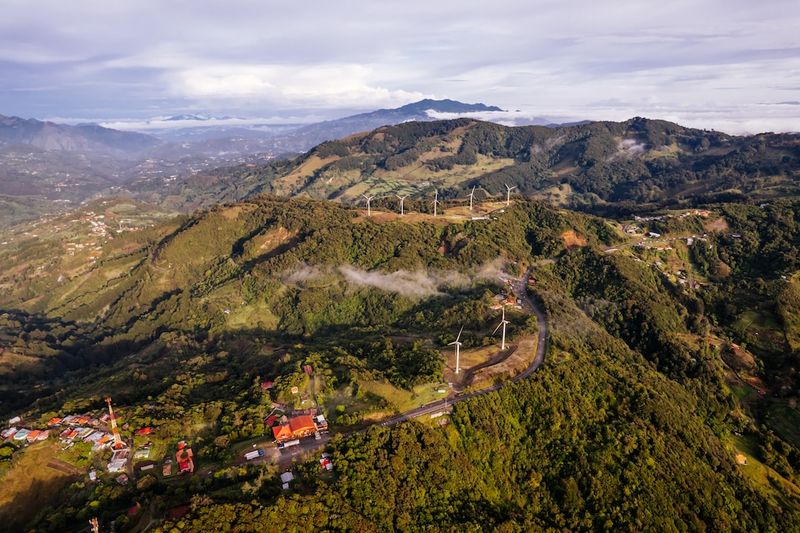Dozens of Pilot Whales Strand Themselves on WA Beach, Shark Alert Issued
An Unusual and Tragic Scene
As many as 70 pilot whales have stranded themselves on a beach in Western Australia, creating a tragic scene that has prompted a shark alert for the area. The whales were initially spotted earlier today, about 150 meters off Cheynes Beach, which is approximately 60 kilometers east of Albany. Later in the afternoon, the whales started swimming onto the sand, beating their tails and lining up side by side in a distressing display of their struggle.
Experts in Emergency Meetings
The mass stranding of these pilot whales has left experts puzzled and concerned. Emergency meetings have been held to determine the best course of action to assist the stranded mammals. The Department of Biodiversity, Conservation and Attractions (DBCA) is leading the response and managing the incident. While the public’s concern is understood, it is important to prioritize the safety of both the public and the whales. Therefore, members of the public are advised not to approach the beach and instead register with the DCBA if they wish to offer support as volunteers.
Unusual Pre-Stranding Behavior
The behavior of the whales before their stranding has captivated both locals and tourists, as experts have never witnessed anything quite like it before. Joanne Marsh from Cheynes Beach Caravan Park described the initial sightings as puzzling, comparing it to the whales being “caught in a big net.” Upon closer inspection, it was discovered that numerous small whales were huddled together, forming a tight circle. This behavior, which is deemed pre-stranding behavior, has left experts perplexed, as it is not a common occurrence among pilot whales.
Shark Alert for Cheynes Beach
Possible Risks and Precautions
With such a large number of stranded whales in close proximity to the shore, there is concern that their presence may attract sharks to the area. As a result, a shark alert has been issued for Cheynes Beach. The state government’s Shark Smart advises that it is possible for dead and injured animals to act as attractants for sharks. While it is not uncommon for sharks to be present off the Western Australian coast throughout the year, people are urged to exercise additional caution. It is imperative to adhere to beach closures and stay informed.
Monitoring the Situation
Officers from the Department of Primary Industries and Regional Development, along with staff from other agencies, are actively monitoring the situation and providing advice to relevant authorities. Their primary objective is to ensure the safety of both the public and the whales. While it is a tragic event, the combined efforts of these agencies aim to mitigate further risks and provide the necessary support for the stranded whales.
Reflections on Environmental Issues
Instances of mass strandings among marine mammals have become an increasingly prevalent issue in recent years. The causes for these events are multifaceted, ranging from natural occurrences to human impacts on the environment. It is essential for ongoing research and conservation efforts to delve deeper into understanding the causes behind such incidents, as well as promoting initiatives that focus on the protection and preservation of marine ecosystems.
Advice for the Public
Caution and Support
In light of this tragic event, the public is urged to exercise caution in the affected area. It is vital to adhere to the advice provided by authorities, including beach closures and updates on the situation. Additionally, members of the public are encouraged to support the ongoing efforts through volunteering, but it is crucial to register with the Department of Biodiversity, Conservation and Attractions (DBCA) before heading to the beach in order to ensure everyone’s safety.
In times like these, it is also essential to reflect on our own actions and their potential impact on the environment. Awareness and responsible practices, such as proper waste disposal and reducing pollution, can contribute to the preservation of our oceanic ecosystems and aid in the protection of marine life.
As we confront the tragedy of these stranded whales, let us also acknowledge the need for continued efforts in marine conservation. By supporting research, promoting sustainable practices, and raising awareness, we can work towards preventing similar incidents in the future and safeguarding the welfare of our marine environment.

<< photo by Mo3ath photos >>
The image is for illustrative purposes only and does not depict the actual situation.
You might want to read !
- Whale Strandings off Albany: Unraveling the Tragic Mystery of these Oceans Wonders
- “Fury and Fear as Shark is Fatally Attacked in Retaliation for Tourist Encounter”
- “Killing to Protect: The Ethical Debate Surrounding Shark Attack Responses in Tourist Hotspots”
- World Ocean Day: Young Global Leaders suggest ways to safeguard our oceans




